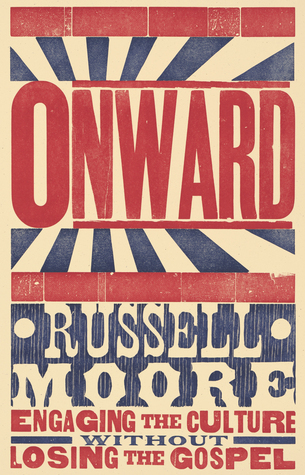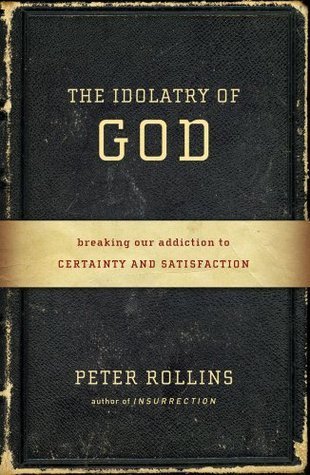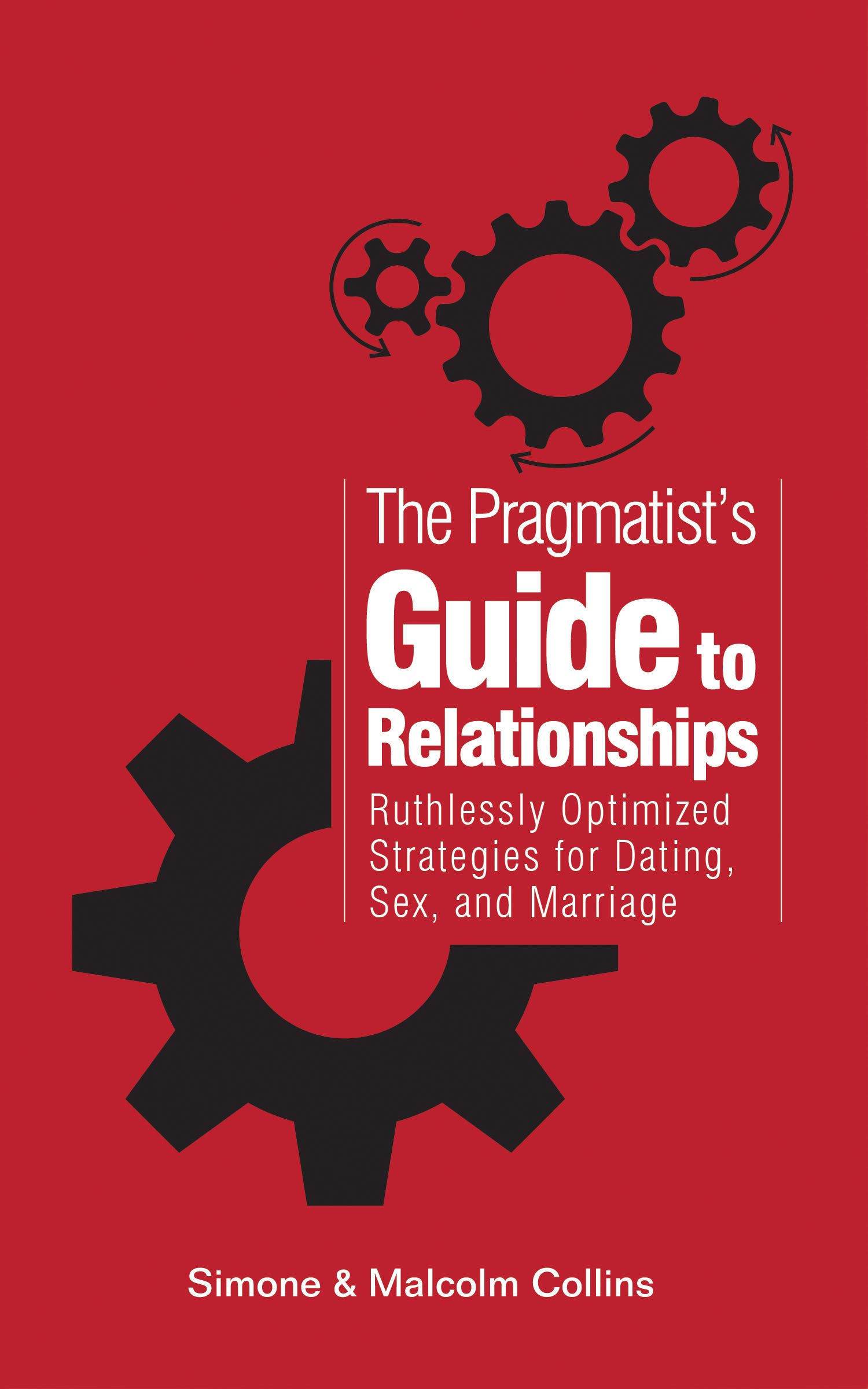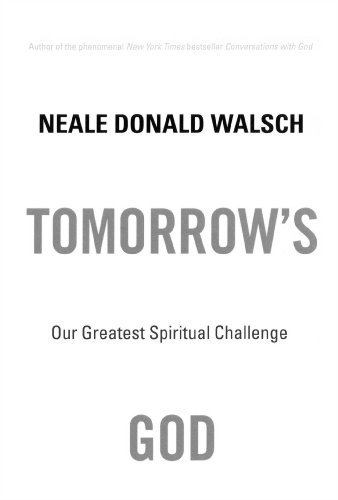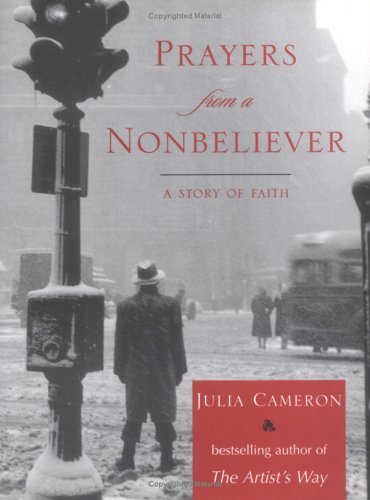
The Pragmatist’s Guide to Crafting Religion: A playbook for sculpting cultures that overcome demographic collapse & facilitate long-term human flourishing
Book Description
Imagine a world teetering on the edge of crisis, where cultures collapse and humanity's very future hangs in the balance. "The Pragmatist’s Guide to Crafting Religion" is a revolutionary playbook that dares to confront this looming catastrophe. It unveils bold strategies for reshaping belief systems and sculpting resilient communities that promote flourishing and solidarity. With powerful insights and practical tools, Simone Collins ignites a flame of hope and possibility that transcends the mundane. What if the key to surviving the upheaval lies in the art of creating new cultures of belief?
Quick Book Summary
"The Pragmatist’s Guide to Crafting Religion" by Simone Collins confronts the impending crisis of demographic collapse and cultural erosion by proposing a bold, pragmatic approach to reshaping religion. Instead of seeing religion as an unchangeable tradition, the book frames it as a flexible tool for cultivating resilient, flourishing communities. Collins suggests that belief systems can and should be deliberately engineered to reinforce pro-social values, encourage positive demographic trends, and equip humanity to thrive amid modern challenges. The work provides practical frameworks for evaluating existing belief structures, constructing meaningful rituals, and fostering intergenerational continuity. Ultimately, Collins envisions a future where intentional cultural design, rooted in pragmatism and aligned with human flourishing, could safeguard and revitalize civilization as it contends with profound threats.
Summary of Key Ideas
Table of Contents
Rethinking Religion as a Tool for Societal Survival
Simone Collins begins by challenging entrenched assumptions about religion. Rather than treating religions as sacred relics, she argues that they are powerful instruments for collective survival. As birth rates fall and social bonds erode, the existential threat of demographic collapse looms large. Collins asserts that religion fills a vital role, not merely spiritual but practical: it forges unity, instills shared values, and motivates behaviors that support long-term community survival. Recognizing this pragmatic function enables a radical reimagining of what religion can be and do in the modern age.
Engineering Belief Systems for Human Flourishing
Central to Collins’s thesis is the idea that belief systems can be consciously designed to serve specific, beneficial purposes. She advocates for a pragmatic approach, evaluating religions not by their origins but by their real-world outcomes and adaptability. Collins explores how core tenets and rituals can be reverse-engineered, embedded, or adapted to reinforce values like altruism, responsibility, and generativity. By anchoring belief systems in empirical realities and optimizing them for current genetic, psychological, and social needs, societies can sculpt cultures that are not only cohesive but also life-sustaining.
Practical Strategies for Culture Building and Ritual Creation
The book presents practical strategies for building resilient cultures through intentional ritual and myth creation. Rituals, Collins contends, bond members across generations and nurture collective identity. She provides tools and frameworks for crafting new ceremonies, symbols, and narratives that resonate with contemporary sensibilities yet fulfill age-old human needs. These strategies include adapting rituals for digital communities, leveraging neuroscience, and using storytelling techniques grounded in evolutionary psychology to ensure new traditions are both meaningful and enduring.
Harnessing Community and Intergenerational Transmission
Collins emphasizes that culture must be transmitted effectively across time to achieve lasting impact. She examines how religious traditions have historically succeeded in embedding themselves via family, community, and education, and adapts these techniques for modern application. The book stresses the importance of kin networks, cultural mentorship, and intentional community-building, offering guidance for weaving belief systems into the daily lives of successive generations. This intergenerational approach is positioned as vital for countering both apathy and the fragmentation wrought by modernity.
Overcoming Demographic Collapse Through Intentional Design
Finally, Collins addresses the urgent challenge of demographic decline and cultural dissolution. She maintains that only purposefully engineered cultures—grounded in pragmatic optimism and collective responsibility—can reverse these trends. By applying the design thinking and adaptive framework outlined in the book, readers are encouraged to proactively invent new models of religious and cultural engagement. The ultimate goal is to foster adaptable, flourishing populations equipped to navigate uncertainty and cultivate solidarity, ensuring humanity’s survival and continued progress.
Download This Summary
Get a free PDF of this summary instantly — no email required.

